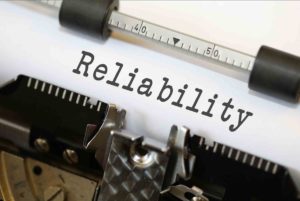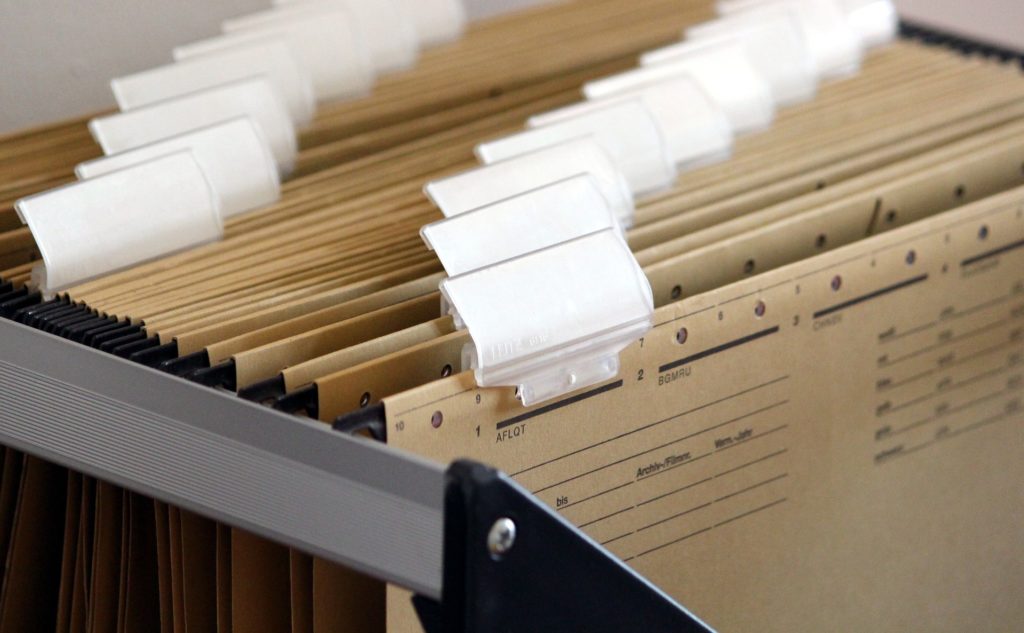Child Resistant
Package Testing
ǀ
ǀ

Our Mission is to provide the industry with premier protocol testing for safety packaging and offer a unique certification program that raises the level and consistency of industry standards for child resistant packaging.
Operation Safe Child is an accredited testing lab and certification body. It is unique in the safety packaging industry in offering its clients child-resistant (CR) safety product certification. Products that have passed 16 CFR 1700 or ASTM F2517-22ᵋ¹ testing by an ISO 17025 accredited lab are eligible for certification evaluation by Operation Safe Child.
The certification program consists of:
Child Resistant Certification indicates that a product’s quality standards are at the most rigorous level in the safety packaging industry. For a listing of certified packages, click the link below.
ISO/IEC 17025
Published by the International Organization for Standardization (ISO) and the International Electrotechnical Commission (IEC), ISO/IEC 17025 defines the general requirements for the competence of testing and calibration laboratories. This standardization was developed by lab experts across the globe, including the International Laboratory Accreditation Cooperation (ILAC), and is considered essential in proving that a testing facility is capable of producing valid, reliable results.

By obtaining an ISO/IEC 17025 accreditation, laboratories and testing facilities demonstrate that they operate consistently and produce accurate results. In choosing a company to test child-resistant products, this accreditation promotes confidence that the services provided meet the structural, resource, process, and management system standards required to preform effectively. Meeting ISO/IEC 17025 accreditation requirements also allows for cooperation between organizations, and ensures that test results and certificates can be accepted internationally without the need for additional testing.

ISO/IEC 17025 accreditation is given to organizations that undergo comprehensive annual audits carried out by a third party accreditation body. In order to be considered for ISO/IEC 17025 accreditation, the organization is required to have a documented quality management system (QMS) in place, which details the organization’s goals, policies, processes, information documentation, and resource management necessary to maintain and continually improve operations. Prior to applying for accreditation, the organization must also participate in and provide an official report of an applicable proficiency test or inter-laboratory comparison to assess organization, performance, and evaluation of tests or measurements in accordance with predetermined conditions.
To learn more about ISO standards and the accreditation process, visit www.iso.org.